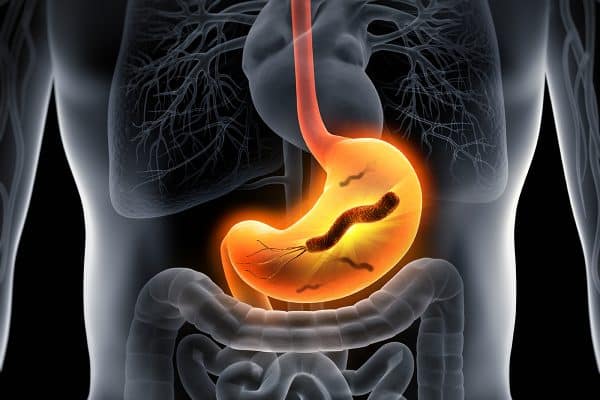- Academic Life
A molecular virology doctoral candidate has no qualms about changing the world to get where she’s going.

Aïcha Sow
Aïcha Sow, student at the Institut national de la recherche scientifique (INRS), has never been afraid to shake things up. She came to Professor Laurent Chatel-Chaix’s team as a PhD student in molecular virology, having switched from biology to biomedical sciences, then to genetics and eventually to applied industrial biochemistry. Among those programs she also did internships at renowned laboratories such as Institut de recherches cliniques de Montréal (IRCM) and Institut Pasteur.
But there’s much more to Aïcha Sow than just research. She’s also a science communicator and mastermind behind the #WomenInSTEMInspire initiative you may have seen on Twitter, Instagram, or Facebook. The hashtag grew out of her personal experience as a student from Senegal and is designed to help African scientists with the prejudices and challenges they may encounter. In September 2020, she and her activism drew the attention of BBC News Afrique, which ran a story on her.
She’s also very active on social media, deploying her scientific knowledge to fight misinformation and her own personal experience to inspire girls in Senegal to pursue scientific careers.
Jigeen in STEM: Women in science
Having received an Armand Frappier Foundation scholarship and FRQNT (Fonds de recherche du Québec – Nature et technologies) grant, Aïcha Sow established the “Jigeen in STEM” perseverance scholarship in 2020.
“Jigeen means ‘woman’ in Wolof, a language spoken in my native Senegal,” she explained. “That’s also where I first picked a scientific field to go into, though I had few role models to look to. And it’s still like that in many countries.”
Aïcha Sow
Aïcha Sow
In 2021 and 2022, thirteen scholarships were awarded to girls studying in STEM fields (science, technology, engineering, and mathematics) in Senegal. They were paid out of her own income and cover school supplies and registration fees for the recipients. “Right now I’m paying the scholarships myself, but I’m hoping to find funding sources to sustain it in the long term,” she said in an interview (in French) with UN Women Africa in April 2022.
UN Women Africa described Aïcha Sow’s work as furthering Sustainable Development Goal (SDG) 4: making quality education accessible to girls and women.
Scientific communication
Aïcha Sow’s thesis investigates Zika neurovirulence by engineering a new zebrafish-based in vivo model of infection by the virus. However, when the COVID-19 pandemic hit Armand-Frappier Santé Biotechnologie Research Centre, she got right to work on the new virus that had us all on the ropes.
“When the pandemic came,” she says, “I started testing molecules against a coronavirus, though I continued with my doctoral project too.” It was then too that she developed a passion for making relatively little known concepts understandable to the general public, specifically the different vaccines and the terminology associated with them.
In “COVID-19 vaccine update: Pfizer may be the frontrunner, but Canada has hedged its bets,” she took a look at the vaccines then coming up to the finish line and those that Canadians might see in the coming weeks and months. Published in November 2020, her article reached a wide audience in Québec as well as in English Canada.

“I really caught that science communicator bug,” she said. “It was a little unexpected, but I was fascinated right away—eager to pursue that new facet of my scientific career.”
Since then, Aïcha Sow has been a frequent participant at conferences and symposia. In June 2022 she presented her work at theKeystone Symposia on positive-strand RNA viruses, theInternational Zebrafish Conference, and the Canadian Society for Virology Symposium, where she received a graduate student oral presentation award.
Currently she’s continuing her research. New scholarships will be awarded when school starts again in September, and she’s already preparing her next mentoring projects.
Follow her on Twitter @A__Aicha.



